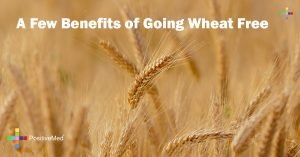By Marina Solovyov
Marina’s Tokyo Cafe
I’m excited to welcome you all to the Super Foods Weekend series. Every weekend I’ll be posting recipes, tips, and other educational links about superfoods. Today’s post goes over the ABC’s of superfoods and shares my top 10 winter superfoods!
Recently it seems like every website, nutritionist, and culture has their own list of superfoods. On top of that, the items on the lists continue to change.
Many people get starstruck by the word superfood. As soon as someone sprouts that a food has super properties they fly out the door to buy it. Others however, are dumbfounded. What exactly is a super food? Many of them are really expensive, look like mystery powders, and are hard to find.
Today my goal is to get you thinking about eating superfoods. Both the ones that you can pop into your grocery basket and the more elusive ones that come in mystery bags. From my experience it definitely pays off to eat a combination of both.
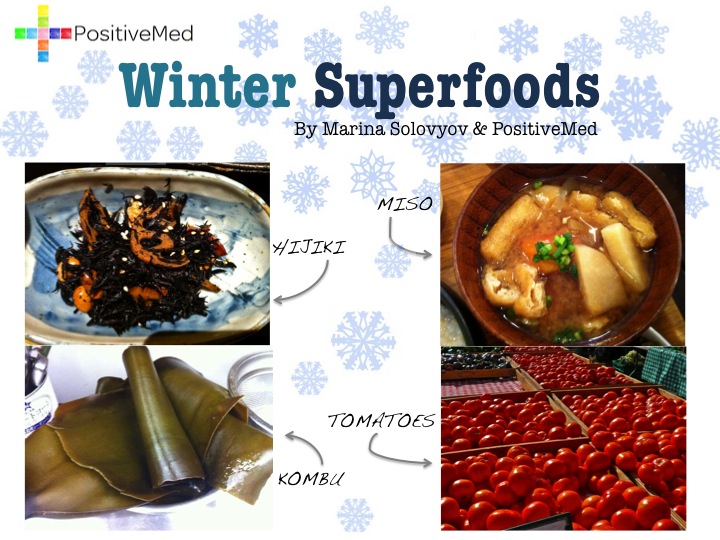
What is a superfood?
People fall into 2 different schools of thought about what defines a superfood . For some it means foods with high phytonutrient content that will produce the highest possible health benefits. Others feel comfortable using the word super food on anything that has high concentrations of essential nutrients, but few negative properties.
Why should I eat Superfoods?
Its simple. Superfoods are really good for your health. Do you get sick easily, feel lethargic, have trouble concentrating, feel depressed or have high anxiety? Perhaps you’re trying to lose weight, tone your body, or just feel older than you really are?
If you’ve answered “yes” to any of these questions, you will probably benefit from including a few superfoods into your daily diet.
There are 3 different criteria that a superfood must meet in order to be considered a superfood.
Anti-oxidants protect our skin, bones, and muscles from free radicals. Free radicals increase when we eat unhealthy, processed and sugary foods, feel stress, have unbalanced exercise routines, and get too much sun. There are also a lot of free radicals in the air (pollution). The more antioxidants present in the body, the less damage free radicals can cause.
Most American diets greatly fall short in the recommended intake of fruit and vegetables. According to the Centers for Disease Control and Prevention, only 32.6% of adults are eating fruit two or more times per day, and only 27.2% are eating vegetables three or more times a day. Superfoods can help.
Superfood nutrients include vitamin A (carotenoids), vitamin C, the B vitamin folate, magnesium and potassium. Some superfoods also deliver protein, healthy carbohydrates and healthy fats, such as omega-3s and GLA (gamma-linolenic acid).
Fiber is essential for losing weight because it aids digestion, improves the absorption of certain nutrients, and keeps you feeling full and satisfied long after a meal. Fiber also aids in decreasing the risk of certain diseases.
Superfoods that are really easy to include in your diet
The number of items that can go on a superfoods list is endless. Here are the ones that I most recommend because I have gotten great results from eating them and they are seasonal.
Eating in season is a good thing for your body. It decreases depression, improves your mood, gives you more energy, and helps you feel balanced
Here is my list of top 10 winter super foods
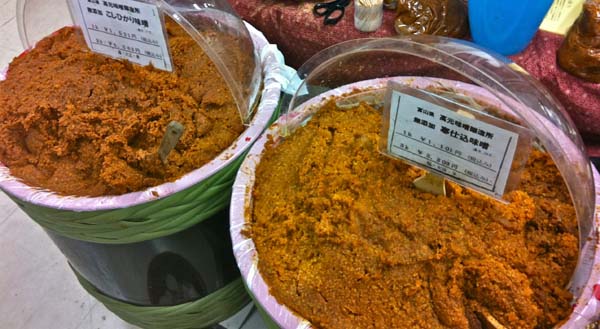
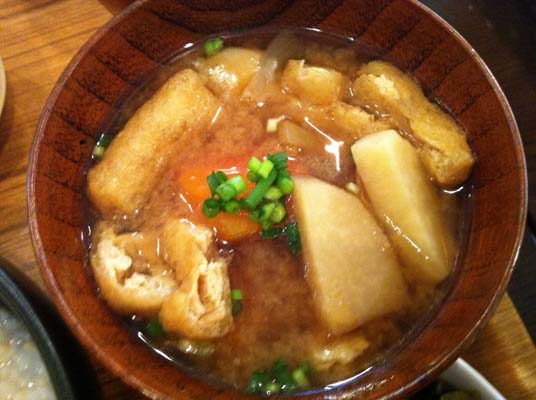
1. Miso – a thick paste made from fermented soybeans and barley ( rice malt) . In Japan, miso is synonymous with the words ‘good health’. Miso has magical healing and detoxifying properties. Studies conducted on cigarette smokers and Hiroshima radiation victims who consumed miso products daily, reported amazing results. Miso has special characteristics that defend against radiation and flush tar out of the body. I drink miso soup almost everyday. Miso can be compared to fine wine or cheese. The more aged it is, the stronger the flavor and the higher healing properties. Each Japanese prefecture makes their own miso and has their own ways of using it. Miso is also used in soups, pastas, sauces, and to pickle vegetables. Certain misos can be eaten raw.
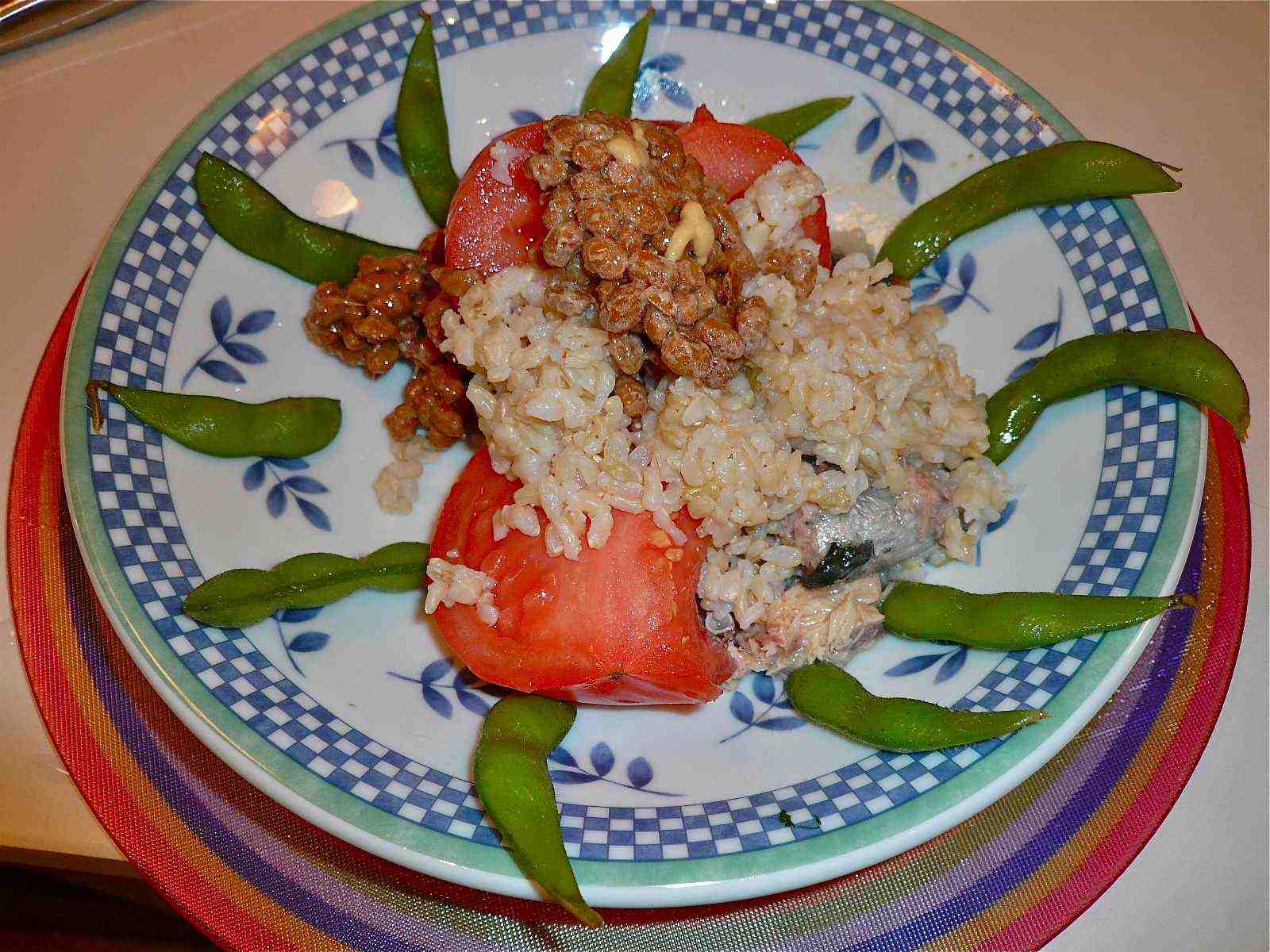
2. Natto – one of the world’s healthiest foods, natto is easy to digest, a rich source of protein, and a natural source of probiotics. It has a strong smell and a sticky, slimy texture, however, the taste grows on you. It is commonly eaten over rice, on sushi, toast, in miso soup or soba, tamagoyaki, salad, used as an ingredient in okonomiyaki, or with spaghetti. Personally, I enjoy natto on its own with a little bit of mustard and soy sauce.
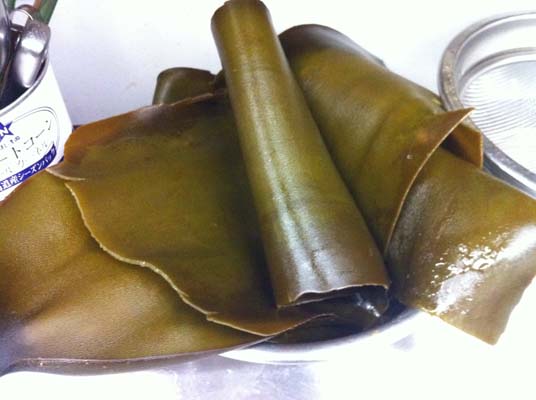

3. Seaweed – wakame, hijiki, nori, and kombu are the four most popular seaweeds in Japan. Wakame is most often found in miso or other soups, hijiki is eaten sauteed with vegetables, nori is used to top dishes or wrap sushi, and kombu is cut into salads or to make dashi ( soup stock). All four seaweeds have different nutritional components, however, all contain a broad range of vitamins, minerals, and high calcium content. Seaweed has natural iodine that can greatly reduce radioactive iodine-131 that is absorbed by the thyroid. Seaweed also aids digestion, protects the lungs, regulates blood sugar and encourages healthy kidney function.


4. Citrus Fruits – clementines, lemons, limes, and grapefruit. All citrus fruits are high in vitamin C, packed with antioxidants, detoxifying, and contain lots of fiber. They must also be peeled and this will help you to eat slowly.

5. Nuts – pumpkin seeds, pistachios cashews, almonds, Brazilian nuts, and walnuts. While it is true that nuts are high in fat, the omega 3 fat in nuts is good fat which reduces high cholesterol and balances hormones. You only have to eat a handful of nuts to feel full. Keep nuts around as snack to stop you from binging on pastries and coffee. Nuts also have protein so you will feel comfortably full and your blood sugar won’t crash. All nuts have different properties. Make sure to get the ones with no added oils, starches, additives.
This list only goes up to 5 superfoods. To see the other 5 superfoods, please visit Marinas Tokyo Cafe
.
What superfoods do you eat in the winter?Stay warm and healthy,<3 Marina
Other sources: Institute of Integrative Nutrition , Whole Foods Superfoods Article
 Marina Solovyov graduated from the Institute of Integrative Nutrition and is now a holistic health coach based in Tokyo, Japan. She writes about Japanese cooking, traditions, and recipes on her website Marina’s Tokyo Cafe
.
Marina Solovyov graduated from the Institute of Integrative Nutrition and is now a holistic health coach based in Tokyo, Japan. She writes about Japanese cooking, traditions, and recipes on her website Marina’s Tokyo Cafe
.








